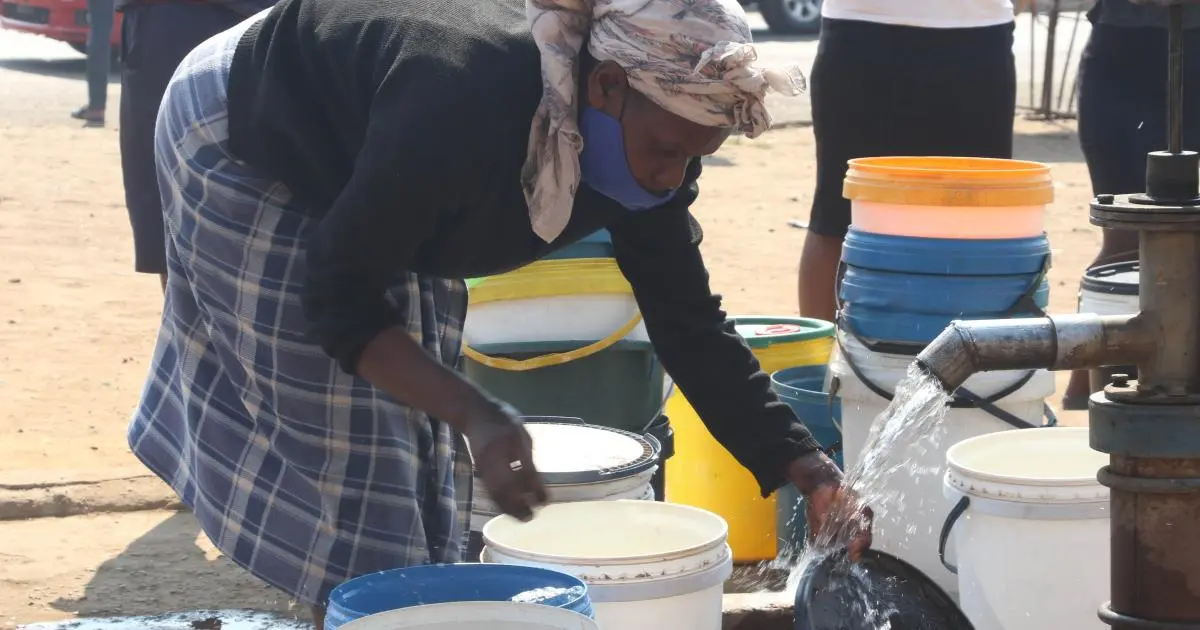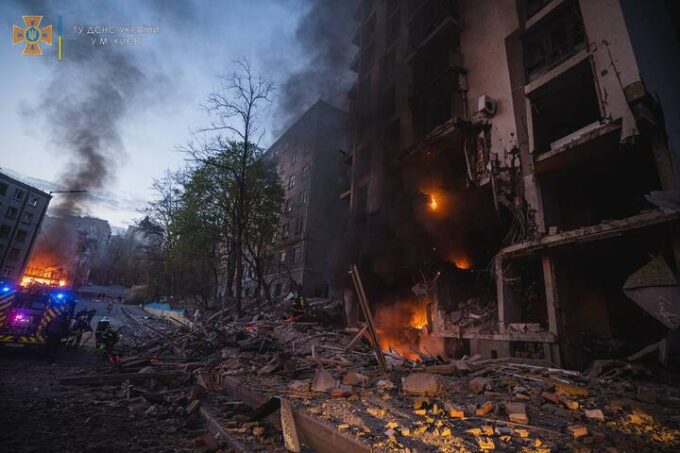The Zimbabwean government has come under intense scrutiny for its failure to implement critical upgrades to Harare’s water treatment infrastructure despite securing a US$144 million loan from China Exim Bank. The ambitious project, intended to revamp the capital city’s dilapidated water system by installing new treatment plants, pump stations, and prepaid meters, has stalled due to Zimbabwe’s default on an earlier loan, leading China to suspend further disbursements.
As the water infrastructure remains largely untouched, residents in some parts of Harare, including the suburb of Mabvuku, have endured more than 20 years without reliable access to running water. Many are forced to purchase water daily from private vendors, placing an additional burden on families already struggling with economic hardship. With Zimbabwe’s average monthly income now at just US$88, the cost of water has become a growing crisis for thousands of urban dwellers.
In a controversial move, the government introduced a new water levy in March 2025 to begin repaying the stalled Chinese loan, despite the lack of visible progress on the ground. Critics have labeled the levy as unjust, particularly in communities that have not seen any improvement in water supply and continue to face daily water insecurity.
Zimbabwe’s debt to the China Exim Bank has ballooned to over US$260 million, reflecting a broader trend among countries heavily indebted to Chinese lenders. This situation mirrors similar debt crises in parts of Africa and Asia, where infrastructure projects tied to China’s Belt and Road Initiative have either stalled or failed to deliver promised benefits due to loan defaults and governance challenges.
The Harare water project was initially seen as a transformative effort to address decades of neglect and underinvestment in urban infrastructure. However, with mounting arrears, frozen funding, and no clear path forward, the project has become a symbol of Zimbabwe’s deepening economic and governance woes. Stakeholders are now calling for transparency, debt restructuring, and a renewed commitment to restoring essential public services before the country plunges further into a humanitarian and financial crisis.














Leave a comment